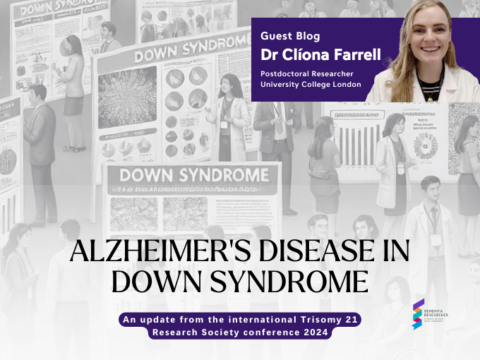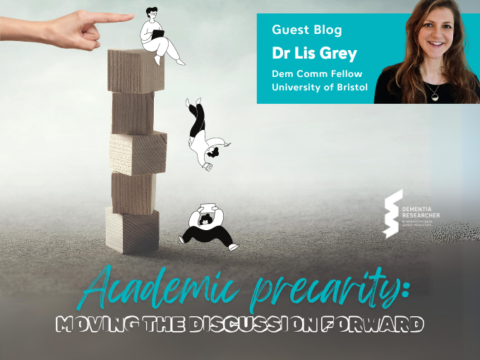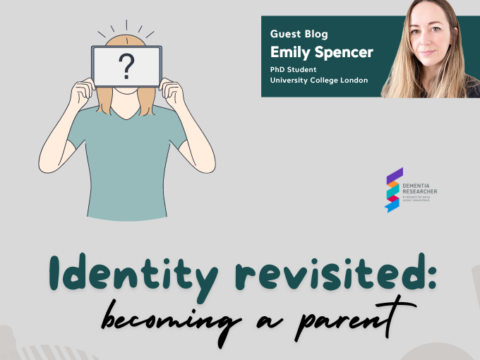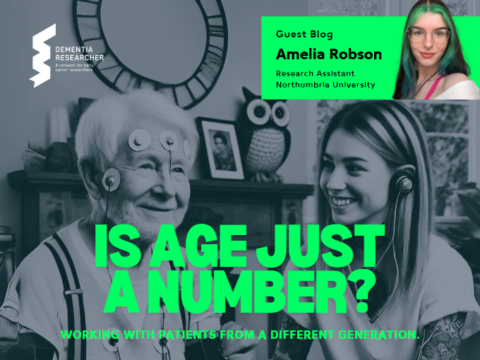I went to give a talk for a dear colleague recently and we were chatting over dinner about how everything was going, and I mentioned that I was doing a lot of procrastinating and not a lot of grant writing. In fact as I write this, I should be either in the lab or writing a grant and yet I am not, I am educating you lovely people. She deftly dropped into the conversation that she thought procrastination was often a response to trauma. Not big car crash, death of a loved one trauma. But trauma, nevertheless. And it got me thinking about why we procrastinate, more importantly why I procrastinate, and whether there’s anything we can do about it.
According to the internet, procrastination is defined as the action of unnecessarily and voluntarily delaying or postponing something despite knowing that there will be negative consequences for doing so. In day-to-day life it’s what we do to avoid boring tasks. We doom-scroll social media rather than doing the vacuuming, we idly flick through the TV channels rather than start the laundry. But in academia it can be severely hampering. We procrastinate rather than write papers and grants, things which might affect our careers.
I’m a big procrastinator. And up until recently I assumed I was lazy. I saw friends and colleagues pulling 12-14 hour days whilst I ducked out early to drink tea or go to the gym. But from a bit of introspection and a lot of personal observation I’ve established some patterns which imply that I’m not lazy. A lot of the stuff I do when I procrastinate actually takes a ton of effort. An excellent example of this came at the end of last week when I should have spent half a day writing the start of a grant but what I actually did was hardcore-clean the lab surfaces and entirely empty, organize and catalogue my -20 freezer drawer. Neither of which are a waste of time and both of which require considerable effort which could potentially have been directed elsewhere.
But here’s the thing. At the end of the freezer clean out I was exceedingly pleased. I had not only established a nice system so that I could easily find anything already there, and easily store anything new that arrived, but I had also found some tissue I didn’t think I had collected, suggesting I am a much better scientist than I think I am. This is what psychologists refer to as positive task-related affect. In lay terms I was happy because the task was relatively easy and had a good outcome. If I’m being particularly honest it was cleaning a freezer drawer so it would have been challenging to set myself up for failure.
Because what procrastination is at its core is the prioritization of short-term mood. Why do something that is stressful now, when you could do something which is less stressful and feels good? It’s all very hedonistic but not necessarily very helpful.
For me, grants and papers cause different kinds of procrastination, or at least procrastination with a different root cause. Both require some degree of creativity, and the outcome is unknown. Because the outcome is unknown and therefore could be negative, the positive task-related affect is uncertain, and procrastination may ensue. I have no idea whether this paper is going to be accepted, or this grant is going to be funded. I personally don’t find papers that challenging. If you persist and you’re a half decent scientist, papers will be accepted somewhere at some point so just crack on and write them and see how you do. The knowledge needs to be out there.
Where I struggle is grants. As I’ve mentioned previously, I’m basically doing science in a void, which is inherently challenging, but even more so when you have no idea whether your ideas are good.
You’re putting together a collection of ideas that might be terrible, to go out to a funding body who might also think they’re terrible. It all feels like luck and factors outside your control. As you can imagine, positive task-related affect for grant writing is low.
But there are a ton of things beyond short-term joy which might contribute to individual circumstances, and how and why different people procrastinate. I found a great, if lengthy, article by Dr Itamar Shatz from the University of Cambridge. In it, Shatz covers many of the things which might cause a person to procrastinate, things like perfectionism, feeling overwhelmed, anxiety and fear. More than that, he highlights personality traits like insecurity, low confidence and low self-compassion which might also contribute. We’re not setting ourselves up for success here, are we?
But…procrastinating can be useful.
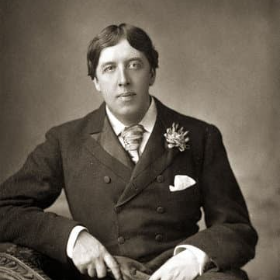
“I never put off till tomorrow what I can possibly do – the day after.” Oscar Wilde
My favourite organizational psychologist, Adam Grant, says that while procrastination is a vice for productivity it can be a virtue for creativity. He advocates for taking time to sit and think laterally about problems. And in research, this is really important. I found someone on Twitter once describing having a DEAR day with their lab. Drop Everything and Read. They took whatever papers they wanted, whether they were recent or older, and just sat and read together. Occasionally coming out of their reverie to talk about an idea or a concept with the group. If I ever get to run a group, I am going to instigate at least two DEAR days a year. With cake.
The important thing about making procrastination useful is that you still have to have the goal in mind. You cannot procrastinate if you have three weeks to a grant deadline but if you know there’s a grant coming up in six months then you can take a few days to mull over your ideas without being concerned. You can start writing some aims and then put them away for a couple of weeks and come back to them to see if you still like them. It’s much easier to procrastinate productively when you have plenty of time.
If you can’t encourage yourself into productive procrastination but rather lay, as Tim Urban apparently describes it, at the mercy of the instant gratification monkey, then what are some things you can do?
First, start small. This is one that occasionally works well for me. If I need to write a grant, I open up the portal, find all the sections that need filling in, copy them into a Word document with their relevant word counts and then start with whatever the smallest or easiest one is. If I need to write a paper, I open a blank document and write abstract, introduction, materials and methods, discussion, conclusion. Then I start filling in the materials and methods because I know it’s mindless but will make the paper start to take shape and make me feel like I’ve achieved something. This results in Instant personal gratification/positive task-related affect.
Next, make friends with the future version of yourself. According to Shatz’s list there is an inherent disconnect from our future selves but that this may be worse in chronic procrastinators. In three months’, time, will the version of you panicking at the impending deadline thank the version of you who is currently trying to figure out what Mastodon is and whether you should leave Twitter for it? No, thought not.
And I thought this was a peculiar concept until I read an example which I already do. I occasionally fall asleep in front of Gardener’s World on a Friday night (you knew I was that exciting already), waking up at midnight to try and schlep to bed before the sleep wears off and I’m wide awake. I totter to the kitchen to find the place cluttered with pans and plates that I failed to put away immediately after dinner. And I pretty much always forgo the sleep to tidy up because I know I’ll be annoyed if I come down to it in the morning. I’m showing compassion for my morning self who has better things to do, like making pastries and walking the dog.
So, all I need to do now is realise that in three months’ time, if I haven’t started that grant I will be annoyed and that I really should start cleaning the scientific pans now, so the proverbial kitchen of my mind is ready for breakfast. Deep, right?
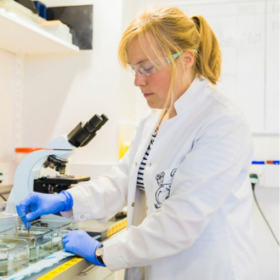
Dr Yvonne Couch
Author
Dr Yvonne Couch is an Alzheimer’s Research UK Fellow at the University of Oxford. Yvonne studies the role of extracellular vesicles and their role in changing the function of the vasculature after stroke, aiming to discover why the prevalence of dementia after stroke is three times higher than the average. It is her passion for problem solving and love of science that drives her, in advancing our knowledge of disease. Yvonne shares her opinions, talks about science and explores different careers topics in her monthly blogs – she does a great job of narrating too.

 Print This Post
Print This Post